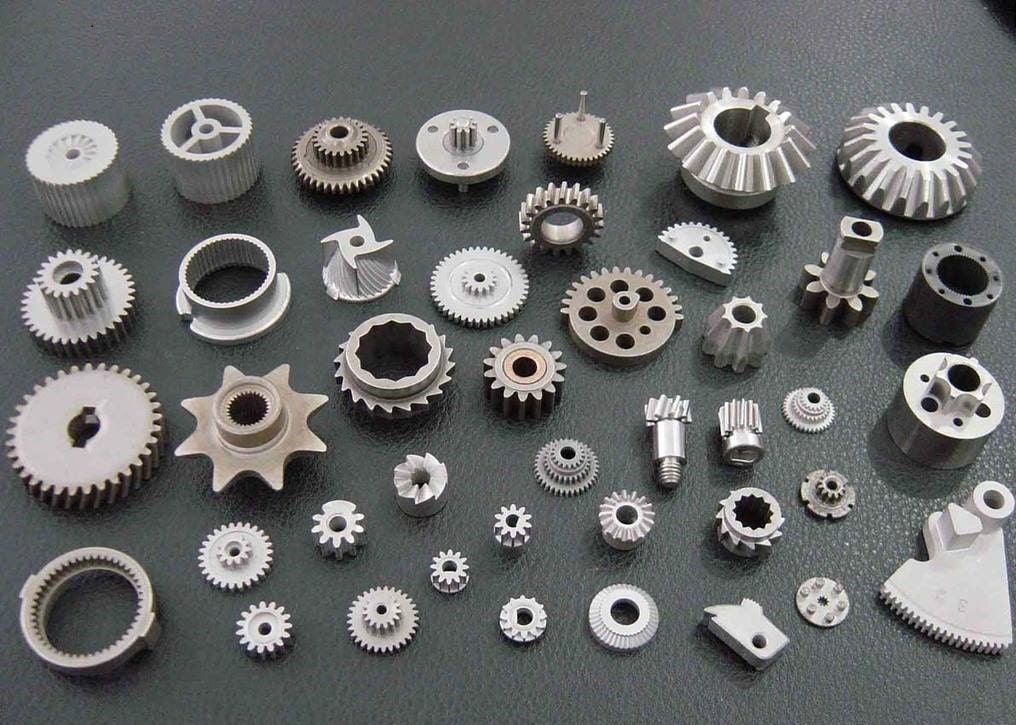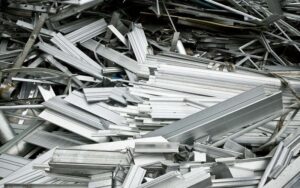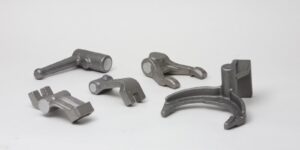-
Investment casting in the automotive industry
Powder metallurgy (PM) is a metalworking process that uses powdered metals to create components. The process begins with the production of metal powders, which can be done through a variety of methods, such as atomization, milling, or chemical reduction. The powders are then mixed and compacted into a desired shape, followed by a sintering process that heats the material below its melting point, causing the particles to bond together.
Advantages of Powder Metallurgy
PM offers several advantages over traditional metalworking processes, such as:
-
- Near-net shape manufacturing:PM can produce parts with complex shapes that require little or no machining, reducing material waste and production costs.
- High precision:PM parts can be produced with high dimensional accuracy and repeatability.
- Wide range of materials:PM can be used with a wide variety of metals and alloys, including those that are difficult to process using traditional methods.
- Cost-effectiveness:PM can be a cost-effective alternative to traditional metalworking processes, especially for high-volume production.
Applications of Powder Metallurgy
PM is used in a wide variety of industries, including:
- Automotive:PM parts are used in engines, transmissions, and other automotive components.
- Aerospace:PM parts are used in aircraft engines, airframes, and other aerospace components.
- Medical:PM parts are used in medical implants, surgical instruments, and other medical devices.
- Electronics:PM parts are used in electronic components, such as connectors, switches, and heat sinks.


